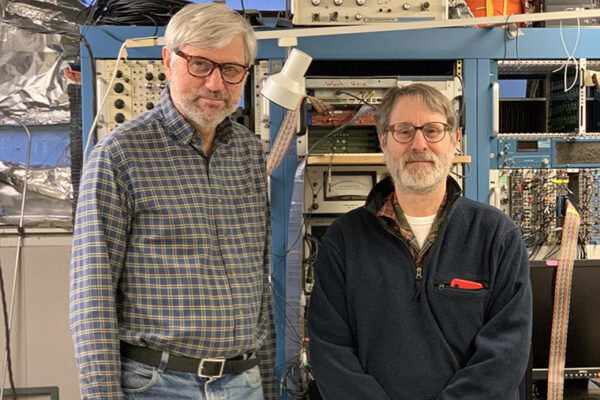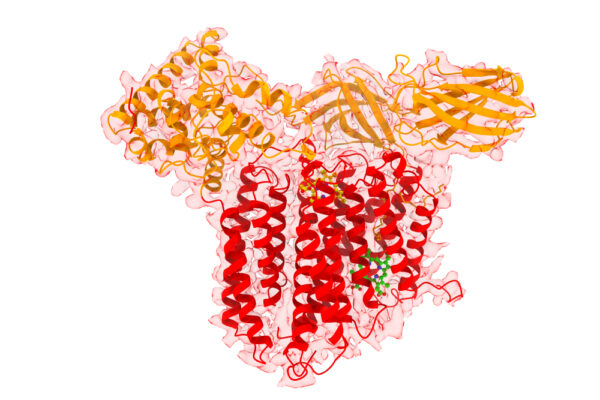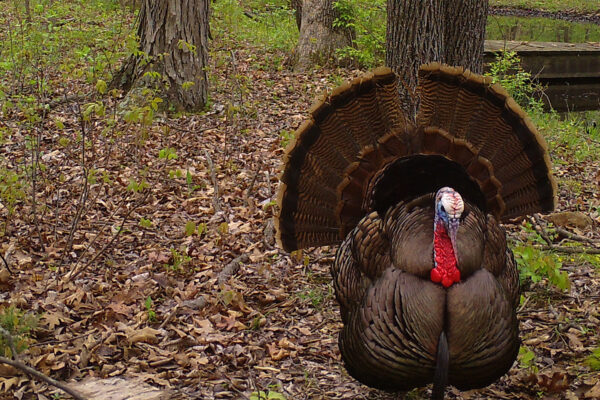AAAS names eight Washington University faculty as 2021 fellows
Eight faculty members at Washington University are among 564 new fellows selected by the American Association for the Advancement of Science: Leonard Green, Elizabeth S. Haswell, Sophia E. Hayes, Erik Herzog, Mark A. McDaniel, Jay W. Ponder, Crickette Sanz and Pamela K. Woodard.
The great tree migration
A new study co-authored by biologist Jonathan Myers in Arts & Sciences provides key insights into how and why tree populations migrate in response to climate change. The research was published in the Proceedings of the National Academy of Sciences.
Tug of sun, moon could be driving plate motions on ‘imbalanced’ Earth
A new analysis led by geophysicist Anne M. Hofmeister in Arts & Sciences provides an alternative to the mantle convection hypothesis. The study is published in a special paper of the Geological Society of America.
Guido L. Weiss, professor emeritus of mathematics and statistics, 92
Guido L. Weiss, the Elinor Anheuser Professor Emeritus of Mathematics in Arts & Sciences at Washington University in St. Louis, died Dec. 25, 2021, of Alzheimer’s disease. Weiss was a prominent mathematician, former chair of the Department of Mathematics and an active member of the university community. He was 92.
Scientists detect world’s lightest magnesium
A new isotope of magnesium — magnesium-18 — was discovered by a team that includes Robert Charity, research professor of chemistry, and Lee Sobotka, professor of chemistry and of physics, both in Arts & Sciences, as reported in the journal Physical Review Letters.
A pathway emerges
Scientists at Washington University in St. Louis described for the first time the structure of a bifunctional protein, called CcsBA, that transports heme and attaches it to cytochromes. The study led by Robert Kranz, professor of biology in Arts & Sciences, captured two conformational states of CcsBA, a bacterial and chloroplast protein, allowing researchers to characterize the enzyme mechanism.
Expanding the X-ray view of the universe
X-ray telescopes observe the most extreme and hottest objects in the universe. Physicists in Arts & Sciences at Washington University in St. Louis are playing key roles in the first dedicated X-ray polarimetry missions, including one that launched this month.
A river runs through it
Rock formations called shut-ins confine a section of a river, forcing water to flow between the steep walls of a canyon or gorge. Shut-ins are found in streams and rivers across the Ozarks. But some of the most outstanding shut-ins in the state are located at Johnson’s Shut-Ins State Park, where Washington University scientists are studying bedrock river erosion.
Undergraduate Antony wins neuroscience award
Irene Antony, a neuroscience major in Arts & Sciences at Washington University in St. Louis, won the Trainee Professional Development Award from the Society for Neuroscience.
Wild turkeys among us
Trail cameras have captured 567 pictures of local turkeys as part of the St. Louis Wildlife Project, an effort led by scientists at Tyson Research Center and the University of Health Sciences and Pharmacy in St. Louis.
View More Stories









